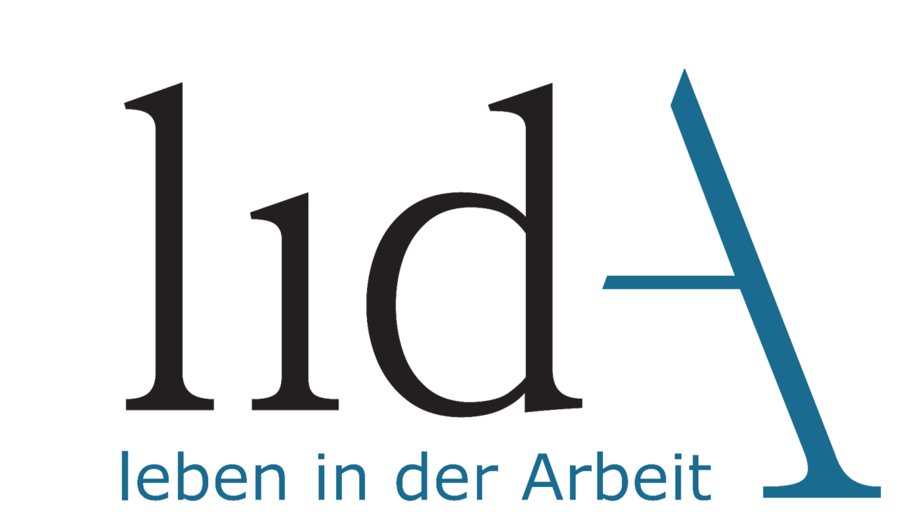Background
The working world is changing.
New technologies, altered modes and content of work increasing flexibilisation and other factors lead to a change in working conditions, especially challenging for older employees. At the same time, the German working population is shrinking and ageing. Due to a raised legal pension age, many older workers face the challenge of having to work longer.
Working when older, but how?
If older workers –in the light of new working requirements – are to work to a greater extent and for longer, then we need to identify factors that support or prevent this.
• How can health, motivation and ability to work be maintained?
• What are the working conditions, employment histories and what are the personal circumstances that influence the ability and readiness to work (longer)?
• How do men and women, workers of different origin or different industry sectors differ?
• What about those older workers who are forced to continue in spite of poor work ability, health or motivation?
The lidA study therefore examines the following in employees aged 46 or over
• Work and health interactions
• Age differences in relation to work, health and employment
• The influence of the changing work on health and employment
• The importance of work and health for work participation

